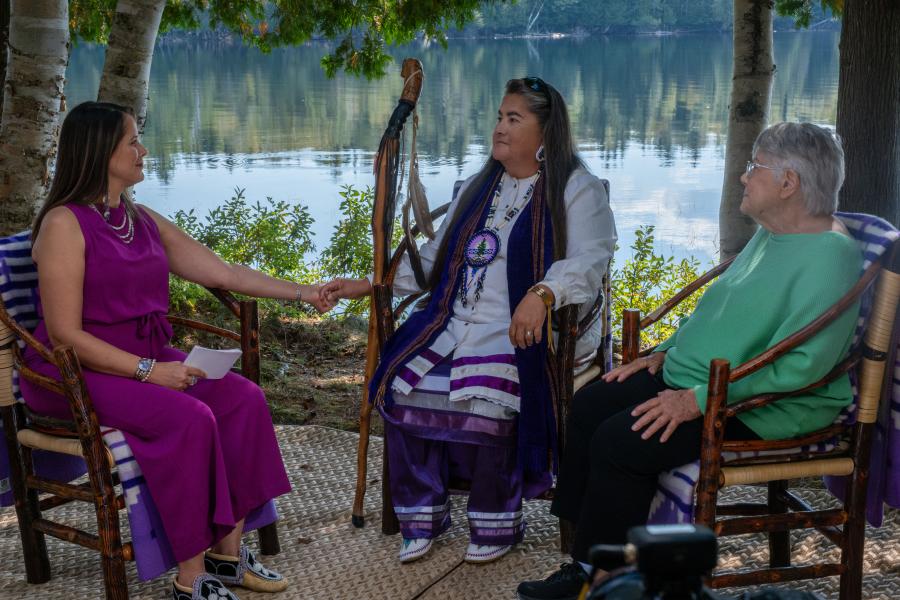
On June 26, President Obama signed an executive order creating a new White House Council on Native American Affairs. The council will seek to provide services to Native Americans in a “more coordinated and effective manner,” “promote and sustain prosperous and resilient tribal communities,” and facilitate “greater engagement and meaningful consultation with tribes.” Specifically, the council is tasked with:
- Promoting sustainable economic development, particularly in regards to transportation, housing, infrastructure, entrepreneurial and workforce development
- Supporting greater access to and control over nutrition and healthcare
- Improving the effectiveness and efficiency of tribal justice systems
- Expanding and improving lifelong education opportunities
- Protecting tribal lands, environment, natural resources, and promoting respect for tribal cultures
The council will be headed by Secretary of the Interior Sally Jewell and will meet three times a year, with additional meetings as deemed necessary. The rest of the council is made up of heads of 30 other government departments and agencies, including the heads of the Department of Education, Department of State, and Department of Veteran Affairs. Many Native American groups are praising the move, including the National Congress of American Indians, whose president, Jefferson Keel, says that “President Obama’s Executive Order represents “a very strong step forward to strengthen our nation-to-nation relationship [with the government].”
Co-Chair of the Congressional Native American Caucus Betty McCollum (D-MN) is also praising the order, saying that “President Obama is to be commended for recognizing the critical importance of a coordinated federal approach to engaging with tribal nations and Native Americans. This special recognition of tribal sovereignty by the White House will give Indian issues a higher profile and will hopefully put greater focus on providing better services and getting results for Indian families. At a time when sequestration is inflicting devastating harm throughout Indian country, this council will have an immediate opportunity to engage tribal leaders and stakeholders to responsibly meet federal trust obligations.”
It is indeed commendable that the administration is giving priority to the needs of the Native American population; however, one cannot help but wonder if this is the right way to go about it. After all, not one of the 30-plus council members is actually Native American or Alaskan Native. Furthermore, the council is made up only of the heads of other government agencies – one would assume that these people are already very busy running those respective agencies, and they likely have very little experience, success or even interest in Native American affairs. The order also only explicitly mentions cooperation with federally-recognized tribes, not state-recognized tribes.
This is a good step on the part of the Obama administration; but if the president is so dedicated to promoting the self-governance and well-being of tribes, why doesn’t he trust Native American leaders to spearhead this council? As the introduction to the order itself states, “As we work together to forge a brighter future for all Americans, we cannot ignore a history of mistreatment and destructive policies that have hurt tribal communities.” Couldn’t this council use a little more “working together” with Native Americans?
This article was reposted with permission from First Peoples Worldwide.



